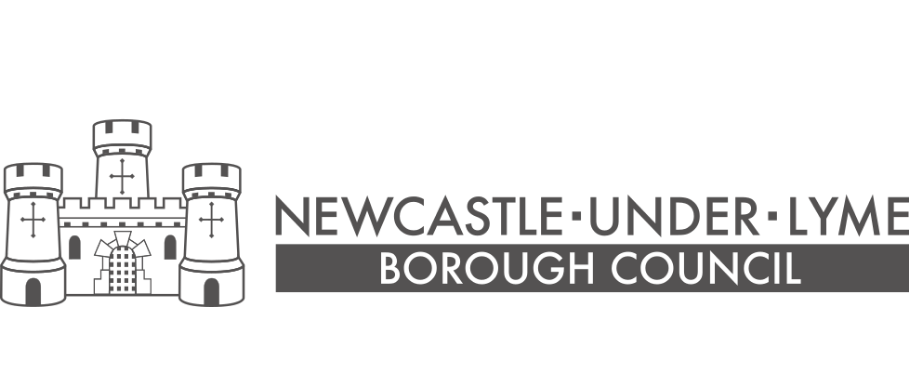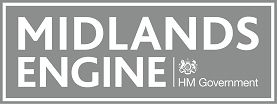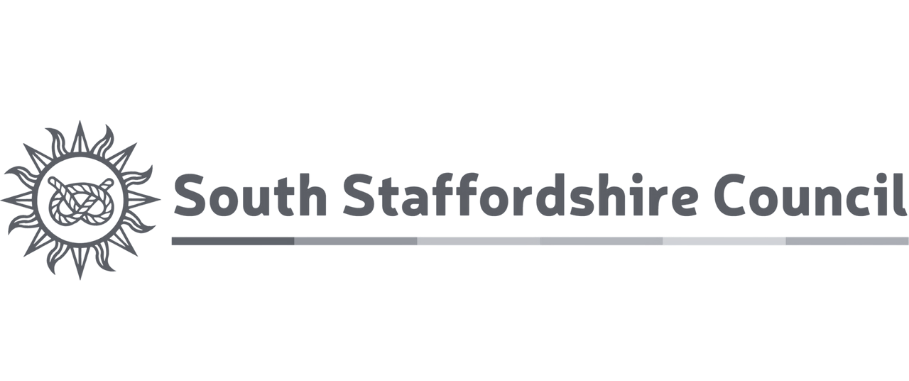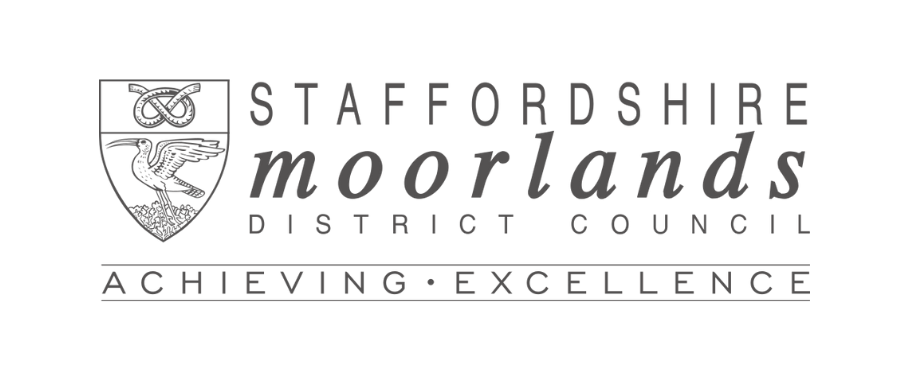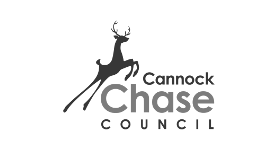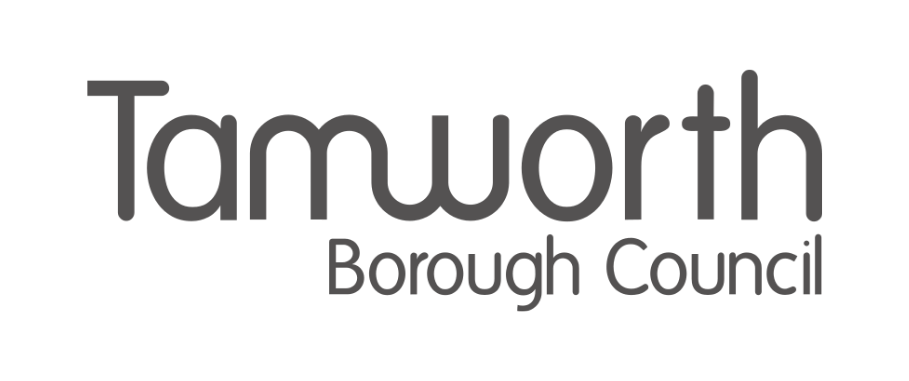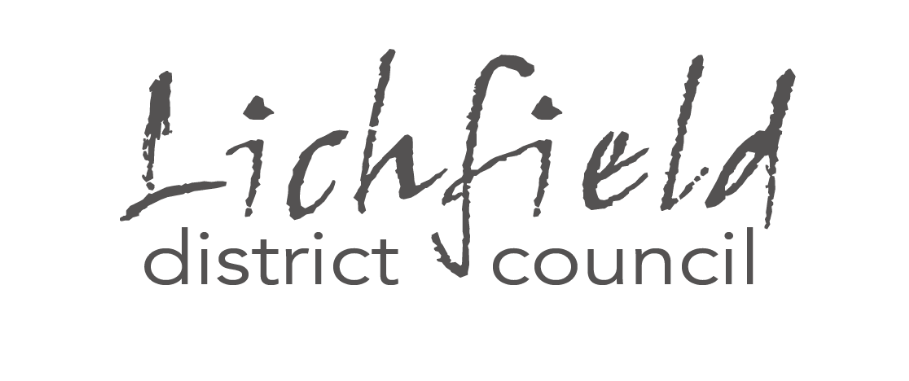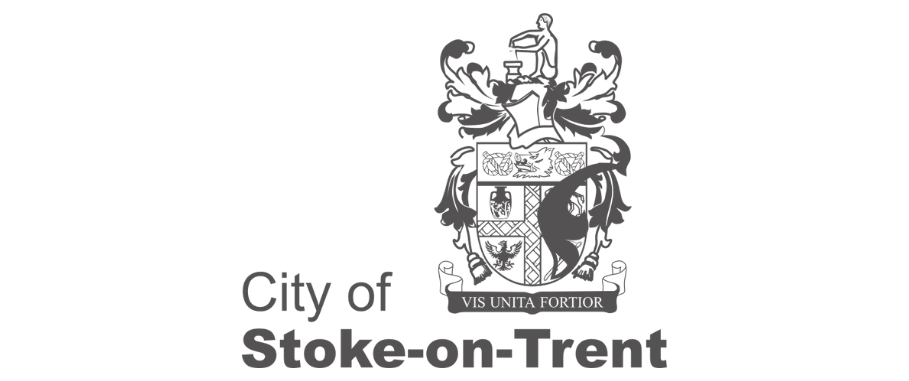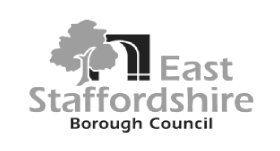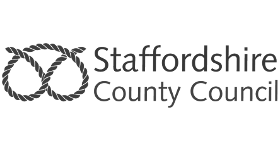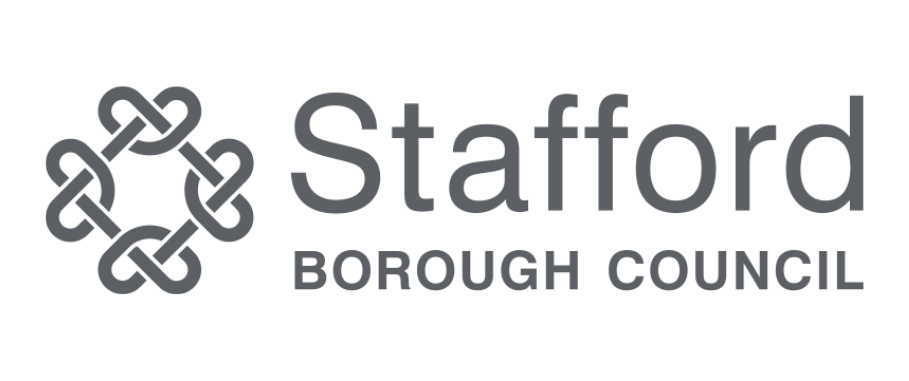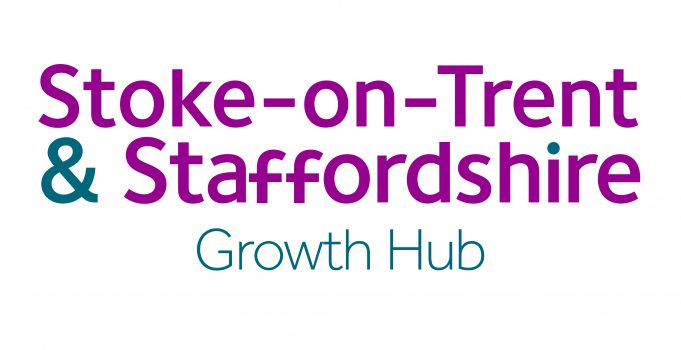
Covid-19 business continuity advice
How can I prepare my business for the impacts of Covid-19?
GOV.UK provides advice on business continuity management. The link below provides details on developing your own plan. It includes a Business Continuity Management toolkit to help you identify all the issues you need to consider and how to make your own arrangements to manage business interruption.
Budget Announcements and key measures: Key measures for Covid-19 support
The Chancellor has set out a package of temporary, timely and targeted measures to support public services, people and businesses through this period of disruption caused by Covid-19.
An overview of announcements of support for businesses impacted by COVID19 are at the below link:
These measures cover:
- People
- Statutory sick pay
- Universal Credit
- Minimum income floor
- New style/contributory employment allowance
- Statutory sick pay rebate for small and medium sized enterprises (under 250 employees)
- Business rates relief and pub support
- Small business grant funding
- Coronavirus business interruption loan scheme
- Time to pay
- HMRC dedicated coronavirus helpline
Grant support and rebates/temporary business rates relief
The Government will increase the Business Rates retail discount to 100% for one year and expand it to the leisure and hospitality sectors, and increase the planned rates discount for pubs to £5,000.
Taken together with existing small business rate relief (which provides full relief for businesses using a single property with a rateable value of £12,000 or less), an estimated 900,000 properties, or 45% of all properties in England, will receive 100% business rates relief in 2020 to 2021:
Businesses that received the retail discount in 2019-20 will be rebilled by their local authority as soon as possible
Those businesses eligible for the newly expanded retail discount and/or the new pubs discount may need to apply to their local authority to receive the discount
Any enquiries on eligibility for, or provision of, the reliefs should be directed to the relevant local authority
Guidance for local authorities on the application of the expanded retail discount will be published by MHCLG by 20 March.
Small Business Grant Schemes
The Government will provide an additional £2.2 billion funding for local authorities to support small businesses that already pay little or no Business Rates because of Small Business Rate Relief (SBBR). This will provide a one-off grant of £3,000 to around 700,000 business currently eligible for SBRR or Rural Rate Relief, to help meet their ongoing business costs. For a property with a rateable value of £12,000, this is one quarter of their rateable value, or comparable to 3 months of rent.
Coronavirus Business Interruption Loan Scheme
A new Coronavirus Business Interruption Loan Scheme, delivered by the British Business Bank, will enable businesses with a turnover of no more than £41m to apply for a loan of up to £1.2m, with the Government covering up to 80% of any losses with no fees. This will unlock up to £1 billion pounds to protect and support small businesses.
Further information will be published on gov.uk soon
Tax helpline to support businesses affected by coronavirus (COVID-19)
HMRC has a set up a phone helpline to support businesses and self-employed people concerned about not being able to pay their tax due to coronavirus (COVID-19).
The helpline allows any business or self-employed individual who is concerned about paying their tax due to coronavirus to get practical help and advice. Up to 2,000 experienced call handlers are available to support businesses and individuals when needed.
If you run a business or are self-employed and are concerned about paying your tax due to coronavirus, you can call
HMRC’s helpline for help and advice: 0800 0159 559.
For those who are unable to pay due to coronavirus, HMRC will discuss your specific circumstances to explore: agreeing an instalment arrangement, suspending debt collection proceedings, cancelling penalties and interest where you have administrative difficulties contacting or paying HMRC immediately
The helpline number is 0800 0159 559 – and is an addition to other HMRC phone contact numbers.
Opening hours are Monday to Friday 8am to 8pm, and Saturday 8am to 4pm. The helpline will not be available on Bank Holidays.
For individual businesses, the first port of call for advice and support is gov.uk. However, businesses in England, of all sizes, can pick up the phone and speak directly to an advisor at the Staffordshire Business Helpline on 0300 111 8002 or the National Business Support Helpline on 0300 456 3565.
NEW: Companies House has produced guidance if coronavirus (COVID-19) has affected your company and you need more time to file your accounts. Find all the information here.
NEW: Guidance for British people living or travelling overseas following the outbreak of coronavirus (COVID-19). Find the update guidance here.
Online resources for businesses and employers
For the latest information and advice, employers and business owners should visit guidance for employees, employers and businesses. Check the page regularly for updates and subscribe to receive email alerts.
Information includes:
• Guidance on advice to provide to staff including: how to help prevent spread of COVID-19; what to do if someone suspected or confirmed to have COVID-19 has been in a workplace setting; advice to give to individuals who have travelled to specific areas; and advice for the certification of absence from work resulting from COVID19
• Information on the support available to businesses impacted by COVID-19
• ACAS has published information for employees and employers, including information on simple steps to help protect the health and safety of staff, sick pay and absence from work
What support is there for employees / self-employed affected by coronavirus?
There are a number of measures:
Statutory Sick Pay
Universal Credit
Minimum Income Floor
‘New Style’/Contributory Employment and Support Allowance
Statutory Sick Pay (SSP) will now be available for eligible individuals diagnosed with COVID-19 or those who are unable to work because they are self-isolating in line with Government advice. This is in addition to the change announced by the Prime Minister that SSP will be payable from day 1 instead of day 4 for affected individuals.
People who are advised to self-isolate for COVID-19 will soon be able to obtain an alternative to the fit note to cover this by contacting NHS 111 online, rather than visiting a doctor. This can be used by employees where their employers require evidence. Further details will be confirmed shortly. In the meantime employers should use their discretion.
Those who are not eligible for SSP, for example the self-employed or people earning below the Lower Earnings Limit of £118 per week, can now more easily make a claim for Universal Credit or Contributory Employment and Support Allowance:
For the duration of the outbreak, the requirements of the Universal Credit Minimum Income Floor will be temporarily relaxed for those who have COVID-19 or are self-isolating according to government advice, ensuring self-employed claimants will receive support.
Gig economy workers
What are you doing to help gig economy workers who will be affected by Covid-19? ⦁ Many gig economy workers will be eligible for Statutory Sick Pay (i.e. those who are employed and earn more than £118 per week from a single employer). These workers will benefit from the changes to Statutory Sick Pay announced in Budget.
⦁ Those gig economy workers not eligible for statutory sick pay (e.g. the self-employed and very low earners) will be able to receive support from the benefits system.
⦁ Gig economy workers who have paid sufficient NICs contributions, even through multiple jobs, will be entitled to new style ESA. If they haven’t made sufficient contributions, they can apply for Universal Credit.
The Government will bring forward legislation to allow small- and medium-sized businesses and employers to reclaim Statutory Sick Pay (SSP) paid for sickness absence due to COVID-19. The eligibility criteria for the scheme will be as follows:
This refund will cover up to 2 weeks’ SSP per eligible employee who has been off work because of COVID-19.
Employers with fewer than 250 employees will be eligible – the size of an employer will be determined by the number of people they employed as of 28 February 2020.
Employers will be able to reclaim expenditure for any employee who has claimed SSP (according to the new eligibility criteria) as a result of COVID-19.
Employers should maintain records of staff absences, but employees will not need to provide a GP fit note.
Eligible period for the scheme will commence the day after the regulations on the extension of Statutory Sick Pay to self-isolators comes into force.
The government will work with employers over the coming months to set up the repayment mechanism for employers as soon as possible. Existing systems are not designed to facilitate employer refunds for SSP.




